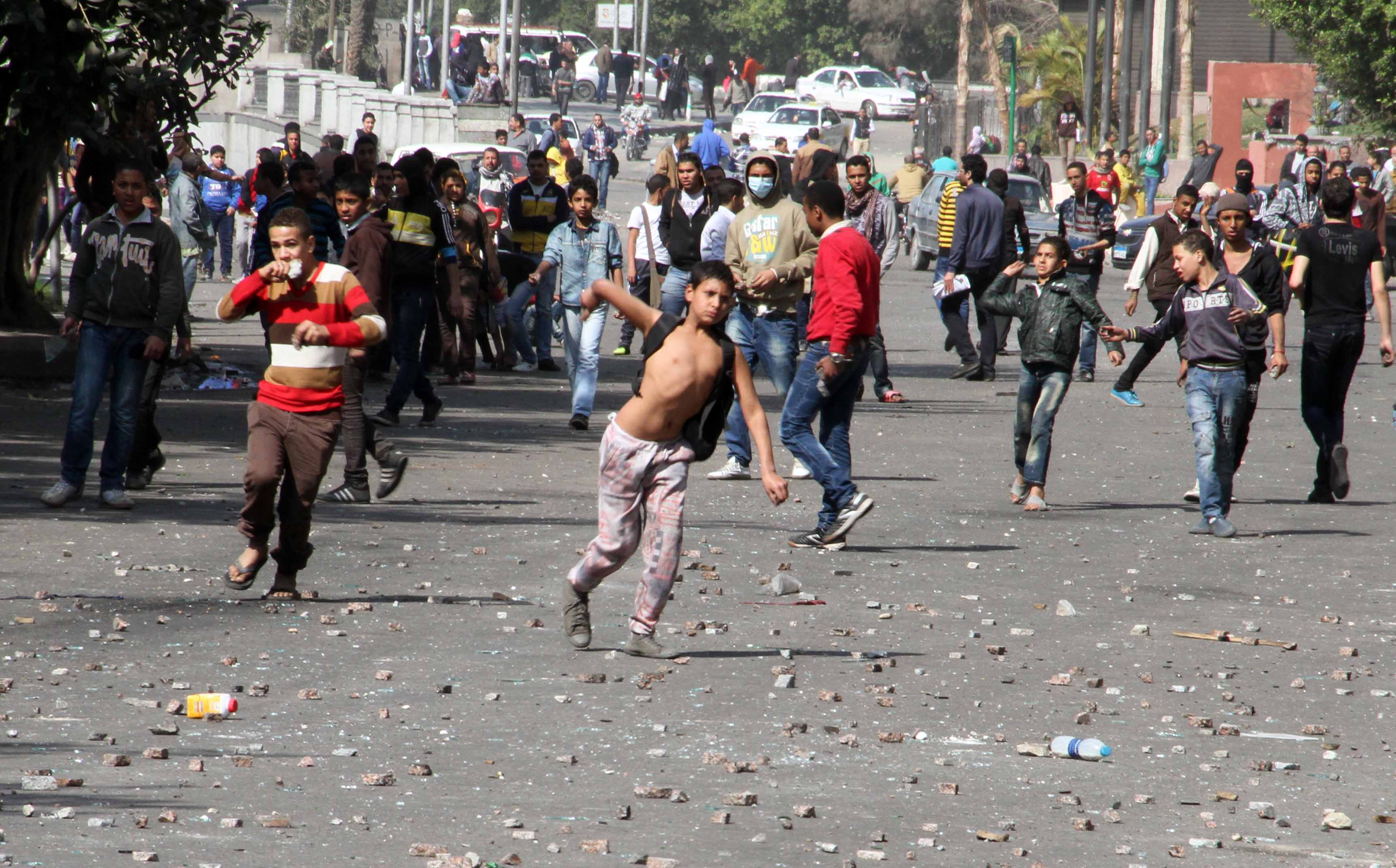Prisoner Ahmed Abu Al-Naga died in Wadi Al-Natroun Prison Friday as he was on his way to receive medical care, according to the Egyptian Coordination for Freedoms and Rights (ECRF). While prison sentences are being handed to police officers for torturing of detainees, incidents of the kind and deaths in detention are still continuing.
ECRF said the Ministry of Interior is accused of failing to provide Abu Al-Naga with the necessary medical care: “We condemn the increase of deaths in prison, whether by lack of medical care or by torture”.
Another torture incident was reported by Amnesty International that “a 14-year-old boy says he was raped in detention by Egyptian National Security agents” and called for his immediate release.
The boy’s family told Amnesty that he was “tortured in custody, given electric shocks on his genitals and had a wooden stick repeatedly thrust into his anus. Police forced him to confess to protesting without authorisation and belonging to the banned Muslim Brotherhood group”.
This technique of torture is similar to what was done to microbus driver Emad Al-Kabeer, who was tortured and raped in 2006 in Bulaq Al-Dakrur police station. The accused officers also inserted a wooden stick into Al-Kabeer’s anus and filmed the act. The video sparked an outcry on blogs and websites in Egypt in 2006, causing activists and bloggers to start reporting torture cases in Egyptian penal institutions.
“The horrific abuse described by Mazen Mohamed Abdallah gives a sickening insight into the widespread and routine use of torture and ill-treatment by Egyptian security forces in police stations,” said Saeed Boumedouha, Deputy Director of Amnesty International’s Middle East and North Africa Programme.
According Amnesty, Abdallah was seized by heavily armed security forces from his family’s Cairo home on 30 September 2015. The Ministry of Interior denied the claims and said all prisoners are being treated equally and humanely.
The increase in violations was met by legal action against the officers who allegedly committed the torture acts. On Saturday, the criminal court sentenced two Homeland Security officers within the Interior Ministry to five years in prison for torturing lawyer Kareem Hamdy to death in Matariya police station on 24 February 2015.
Last Thursday, the Damanhour Criminal Court sentenced a Rashid police station police officer to five years in prison for “beating a detainee to death”.
Victim, Al-Sayed Al-Kosbary, 32, from Beheira was arrested in May. He was severely beaten and dragged on the ground in the process then taken to Rashid police station. He was accused of possessing firearms and also charged with resisting authorities along with a number of his relatives.
General Prosecutor Nabil Sadia referred nine policemen to the Criminal Court on Thursday on charges of torturing Egyptian citizen Talaat Shabeb to death.
Since 5 November, state officials, President Abdel Fattah Al-Sisi, and Minister of Interior Magdy Abdel Ghaffar said the alleged incidents of torture are “individual acts” and that should “not affect the relationship between the people and the police apparatus”.


